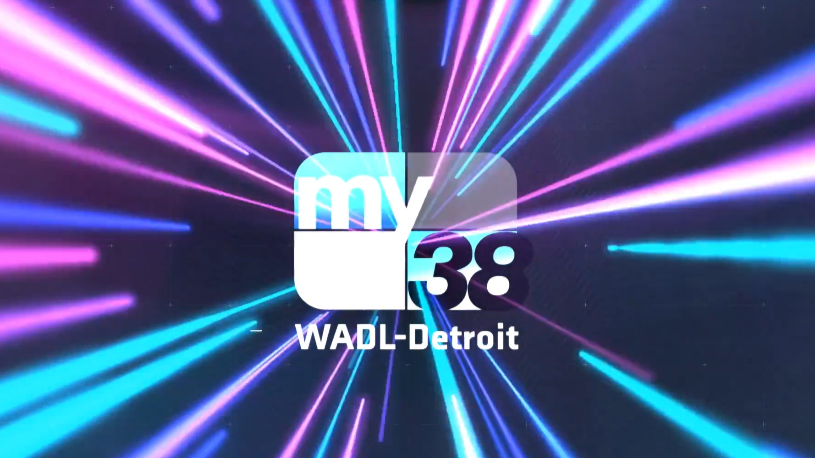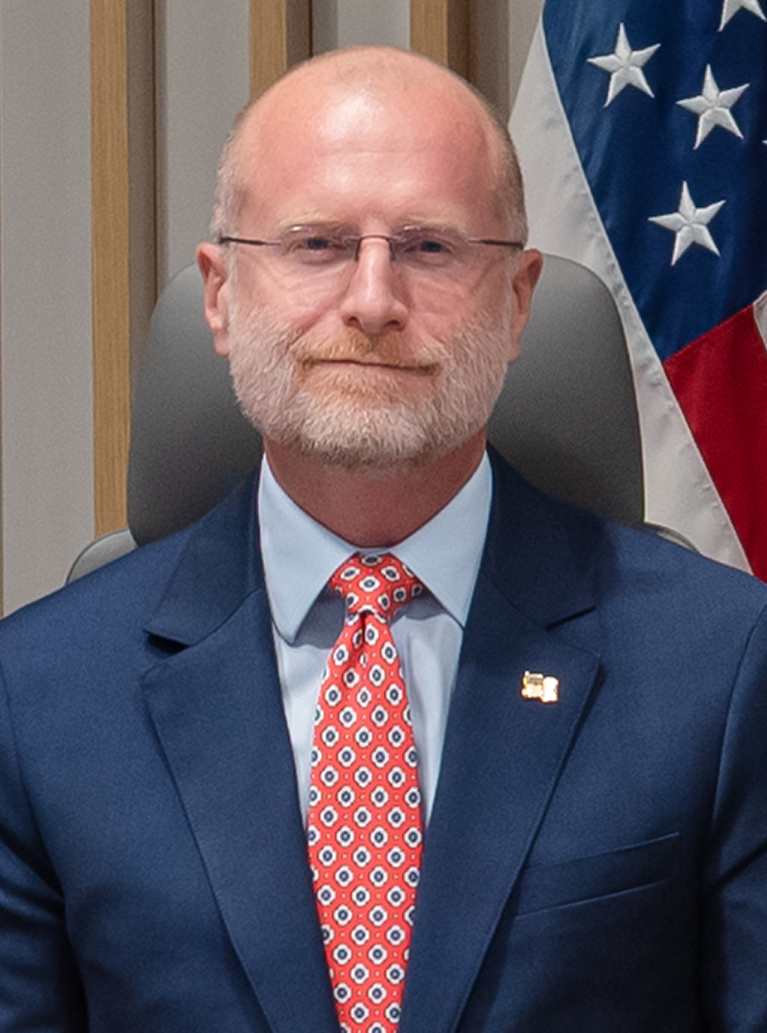
Conditions put on the proposed sale of WADL Detroit, to Mission Broadcasting have created a potential drama in the Motor City.
Kevin Adell, CEO of Adell Broadcasting, owner of WADL, told Broadcasting+Cable he expects the $75 million deal to go through, but said that Mission called the conditions “problematic.”
Mission’s bid is being financed by Nexstar Media Group, which wants WADL to become the market’s CW affiliate after September 1, when the CW’s deal with WMYD, owned by E.W. Scripps Co., expires. Scripps and Nexstar have said the affiliation deal won’t be renewed.
But a similar deal, in which Mission bought WPIX New York and had Nexstar run the station under a series of management and marketing agreements, led to the Federal Communications Commission’s Media Bureau fining both companies and requiring Mission to sell WPIX because Nexstar’s “de facto” control of the station put it over the agency’s ownership limit.
Nexstar has challenged the FCC’s decision.
To prevent a similar situation in Detroit, the FCC approved the sale of WADL but barred Nexstar from being involved in financing the deal and limited the amount of programming Nexstar can provide to WADL, how much of WADL’s ad revenue Nexstar can keep, how much Mission can pay Nexstar for providing services and prevented Nexstar from getting an option to buy the station in the future.
The conditional approval was reported earlier by The Desk.
Brendan Carr, the senior Republican FCC commissioner, issued a statement on the “FCC’s denial of WADL-TV’s application.”
Carr said that the FCC’s Media Bureau “styles its decision as a ‘conditional approval,’ but it is no such thing.”
The decision “requires these private parties to abandon the deal that they had negotiated and decide whether to accept an entirely different deal on entirely different terms,” he said.

Carr said the decision exceeds the agency’s statutory authority, saying the law requires the FCC to either grant the application or designate it for a hearing.
“Here, the FCC chooses neither of the two options Congress authorized,“ Carr said. “It is not approving the application on terms agreed upon by the parties. Nor is it designating the application for hearing. It is instead taking the application the FCC received and substituting it for a new one drafted by the agency. That’s not the FCC’s job or role.”
Nexstar and Mission Broadcasting declined to comment on whether they would close the acquisition under the conditions imposed by the FCC.
Adell said that his lawyers contacted Mission on Tuesday, after the ruling, telling Mission it had two choices: Either to pay the $75 million and close the deal within the five days called for in the sale agreement while contesting the conditions imposed by the FCC, or to set up a local marketing agreement that would allow Mission to run the station while the ruling is challenged. Mission would have to give Adell 80% of the purchase price or $60 million immediately if it goes the LMA route, and pay the remainder over eight years.
Failure to close the deal would result in lawsuits, Adell said. Plus, Nexstar needs a CW affiliate in a big market like Detroit. “It’s either me or off the air,” he said.
Despite the conditions, “I’m glad the commission approved [the application],” Adell said. “They could have sat on it or they could have sent it to an administrative law judge, and that would have essentially killed this deal.”
The conditions imposed by the FCC take effect after the sale. “That’s their problem, not my problem, Adell said.
Adell said he didn’t think a sizable broadcaster like Mission would have trouble getting a loan to buy WADL.
The other conditions can be worked around, Adell said, unlike something more severe, like being forced to sell stations to acquire WADL.
Met With FCC Chair
To get the deal approved, Adell said, he met with FCC chair Jessica Rosenworcel five times. He invited Mission to join him in those meetings, but Mission passed. “If they had problems with the conditions, they had ample time to negotiate,” he said.
Adell has been a broadcaster since he was a teenage ham radio operator. He built WADL right out of college after getting a construction permit from the FCC.
He said Rosenworcel admired his status as a longtime broadcaster and assured him the deal would go through. “She told me [the delay in approving the application] has nothing to do with me,“ he said. ”The company that’s buying you is under investigation. I can’t talk about it.”
Carr, who had criticized aspects of last month's Nexstar-Mission decision, noted that the long review and conditions imposed were a problem for the broadcast industry.
“As I have said recently, we are at a break-glass moment for America’s broadcasters,“ Carr said. ”They are facing unprecedented headwinds and competition, including from their largely unregulated Big Tech competitors. The FCC should be focused on decisions that will make it easier for broadcasters to attract the capital necessary for them to invest, compete and serve their local communities. Once again, the FCC does the opposite today.”







